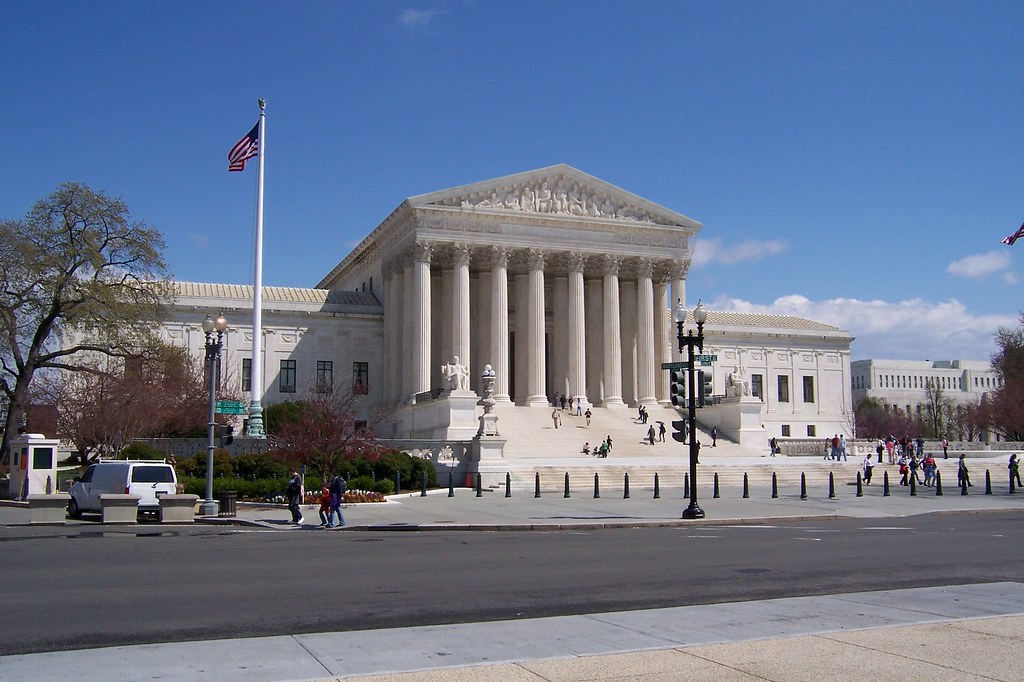Key Takeaways
- Radical Republicans are using chaotic “spaghetti” tactics to avoid election losses.
- Historian Heather Cox Richardson says this shows how unpopular they are.
- Recent moves include canceling visas and court battles over free speech.
- A Supreme Court case on the Voting Rights Act could reshape access to ballots.
- These moves echo the Reagan era’s court packing and voter fraud claims.
Radical Republicans’ Spaghetti Tactics Exposed
Radical Republicans have been throwing spaghetti at the wall to see what sticks. Lately, they fear a big loss in the midterm elections. As a result, they try out wild plans to distract voters. Historian Heather Cox Richardson joined “The Bulwark Podcast” to explain this frantic strategy. She argues it shows just how unpopular the party has become.
How Radical Republicans Shift the Narrative
Radical Republicans now focus on new talking points to hide their push to curb rights. For instance, Senator Marco Rubio recently canceled six visas of foreign nationals. He claimed their comments after conservative activist Charlie Kirk’s death were inappropriate. This move surprised many legal experts, who saw it as a free speech attack.
Moreover, a federal court ruled that the Trump administration violated Harvard University’s free speech rights. The government had tried to link federal grant funding to certain diversity and antisemitism policies. In effect, they threatened to punish the university for its campus rules. As a result, the court said these conditions were unconstitutional.
Why the Voting Rights Act Fight Matters
A key Supreme Court case, Louisiana v. Callais, could change how states use race-based tests. These tests help ensure fair access to the ballot box for minority voters. If the court rules against these tests, states might use other barriers instead. Consequently, many worry this decision could weaken voting rights. Radical Republicans have pushed to overturn sections of the Voting Rights Act for years. This case could mark a major shift in U.S. election law.
Lessons from the Reagan Era
Richardson compared today’s tactics to moves by the Reagan administration in the 1980s. Back then, the White House began stacking the courts with right-wing justices. They aimed to protect Reagan’s tax cuts from being overturned by a Democratic Congress. Simultaneously, they spread ideas that Democrats only won through voter fraud. Today, Radical Republicans repeat the same voter fraud claims to erode trust in elections.
Therefore, the parallels are clear. Both eras saw court packing and voter fraud narratives as tools to cement power. While Reagan faced strong backlash, Radical Republicans now face even deeper public distrust. They battle rising support for voting rights and constitutional protections.
What This Means for Voters
First, voters must stay informed about how these legal battles affect their rights. Court rulings can directly change how easy or hard it is to vote. Second, public reaction to visa cancellations and speech restrictions can shape election outcomes. When people see overt attacks on rights, they often push back at the ballot box. As a result, Radical Republicans risk alienating key voter groups.
Third, the debate over the Voting Rights Act highlights the ongoing struggle for fair elections. A ruling against race-based ballot tests could lead to new voting barriers. States might impose strict ID rules or limit polling places. These changes could disproportionately impact minority and low-income communities. Voters should therefore watch how their state legislatures respond to any Supreme Court decision.
Finally, understanding the historical context helps voters see long-term partisan strategies. By packing courts and pushing voter fraud claims, Radical Republicans aim to shape policies for decades. In turn, this threatens to weaken checks and balances that protect individual freedoms. Voters who grasp this pattern can better hold leaders accountable.
A Frantic Endgame
In the end, throwing spaghetti at the wall shows a party in panic mode. Richardson notes that Radical Republicans would not pursue these rights attacks if they thought they could win fair and square. Instead, they scramble to create distractions and scare voters. From visa bans to court fights, these moves aim to shift attention, not debate real issues. As Americans learn more, the party’s unpopularity becomes clearer.
Conclusion
Radical Republicans face a steep battle in the upcoming midterms. Their chaotic tactics reveal deep public distrust. Moves like visa cancellations and legal pressure on universities only add to voter frustration. Meanwhile, the Supreme Court case on the Voting Rights Act could reshape elections nationwide. By recalling the Reagan era’s court packing and fraud claims, we see a long game at play. Voters who stay informed can push back and protect their rights at the ballot box.
Frequently Asked Questions
What does throwing spaghetti at the wall mean?
It refers to trying many random ideas to see which one sticks or gains support.
Why did Marco Rubio cancel those visas?
He claimed visa holders made inappropriate comments about Charlie Kirk’s death, but critics saw it as a free speech threat.
How could the Supreme Court case affect voting?
If the court bans race-based tests, states might use other barriers, making it harder for some groups to vote.
What is the Reagan era comparison about?
The Reagan administration packed courts and claimed voter fraud to protect its policies, similar to today’s tactics.
